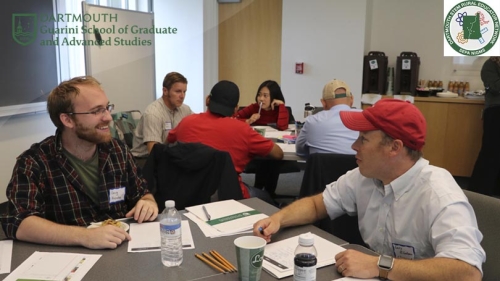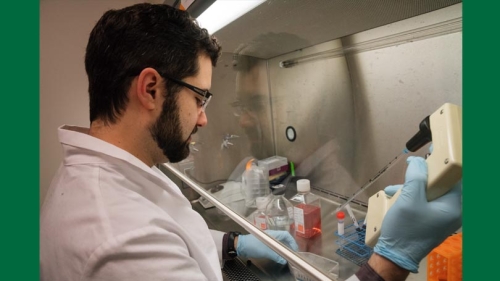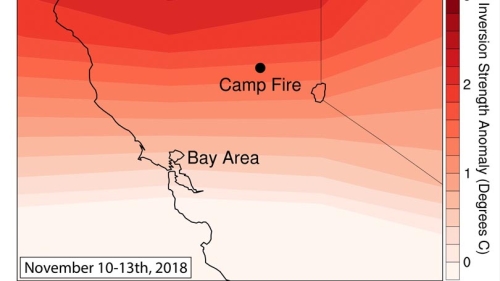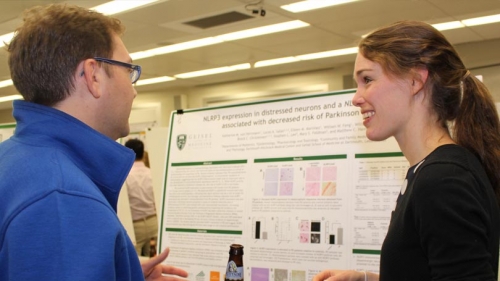Graduate Mentors Collaborate on NIH Award with Local Schools
"The program has been so fulfilling because we have now begun to really put ourselves back in our sixth-grade shoes." So says graduate student Sarah Valles, a graduate mentor on the National Institutes of Health (NIH) Strategic Education Partnership Award (SEPA) project.
[more]


